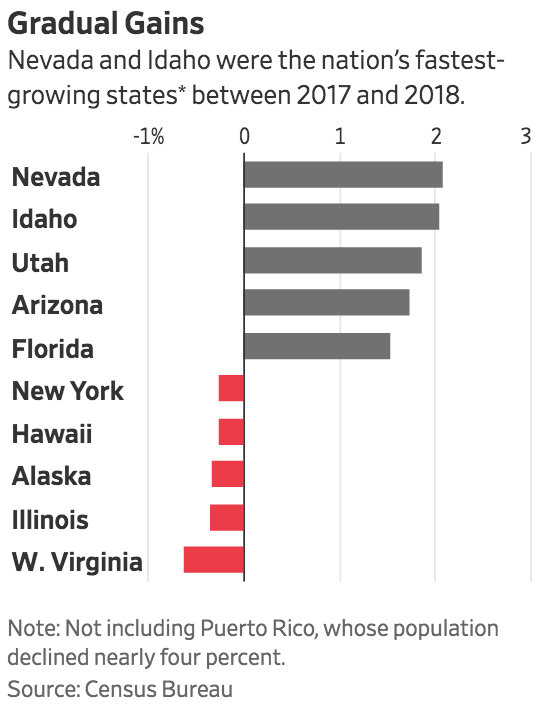Shaming
I don’t use twitter, but I occasionally come across news stories discussing tweets that shame someone for not being politically correct. How should we think about those tweets? In principle, shaming should serve a valuable public function—discouraging offensive comments and behavior. But shaming non-PC speech does not seem to be effective. Why?
The straightforward interpretation of shaming is that the tweets are punishment for various racist and misogynist comments. That might be true, but it doesn’t seem to fit the facts very well. The actual racists and sexists among us are not damaged by the shaming tweets intended to punish them. In contrast, the people who are damaged are generally not racist or sexist. Shaming doesn’t hurt Donald Trump or Steve Bannon at all; indeed Bannon insists on wearing the “racist” label as a badge of honor in front of his adoring crowds. Instead, these sorts of attacks tend to adversely affect people who are not bigoted, someone like Larry Summers. Those who intentionally make racist or misogynist statements do so precisely because the public shaming will not hurt them.
Now consider the high school model of twitter shaming. Recall that the cool kids in high school would create a set of rules that were impossible for the uncool kids to adhere to. When the uncool kids fell short, they were ridiculed. Isn’t that today’s twitterverse?
Suppose that you want to make sure your group is composed of only those with a high level of political correctness. One method is to create rules that are so extreme that most people will not be able to keep up. Thus Katy Perry did not know that dressing up like a geisha is insulting to the Japanese. Why not? Well, because Katy Perry dressing up like a geisha is not in fact insulting to the Japanese. Indeed the Japanese were honored by her performance. How could it be otherwise, as “cosplay” is a big part of Japanese culture? If you make political correctness this detached from reality, it’s hard for anyone but the most committed to keep up.
The same dynamic occurred during the Chinese Cultural Revolution, where the Red Guards made increasingly extreme demands for ideological purity. In fact, this technique goes far back in history. A new book by Kevin Simler and Robin Hanson has this anecdote from ancient China:
Zhao Gao was a powerful man hungry for more power. One day he brought a deer to a meeting with the emperor and many top officials, calling the deer a “great horse”. The emperor, who regarded Zhao Gao as a teacher and therefore trusted him completely, agreed that it was a horse—and many officials agreed as well. Others, however, remained silent or objected. This was how Zhao Gao flushed out his enemies. Soon after, he murdered all the officials who refused to call the deer a horse.
[At least Jeff Flake wasn’t murdered!]
Even people far to the left of Larry Summers can be ensnared in the web. During the 2016 campaign, Bernie Sanders got into trouble for saying that “all lives matter”. For someone of his (1960s) generation, it’s not obvious why this statement is offensive. After all, don’t all lives matter? The whole point of PCism is to make things so confusing that only the insiders, the cool kids, avoid shaming. Sanders didn’t realize that saying all lives matter would be seen as an implied criticism of the Black Lives Matter movement (as it sometimes is, but not in Sander’s case). Bernie Sanders was once considered cool, but I predict his age, gender and race will eventually catch up with him, and he’ll be exchanged for someone who is not an old white male. In 2019, being cool is no longer about standing up for blue collar workers that largely vote for Trump.
Suppose I’m wrong, and that twitter shaming really is about punishing offensive statements. Let’s consider the most offensive statement in the mainstream media during the past year. Here’s my vote, from Bloomberg:
A figure of 15 million births would be the third-lowest total since the People’s Republic of China was founded in 1949, He Yafu, one of the demographers cited by China Times, told Bloomberg News. It would only exceed 1960 and 1961, when the country was hit by natural disasters and famine.
As Bob Dole might have said, “Where’s the outrage.” The Great Leap Forward of 1959-61 was one of the two or three worst crimes in human history. And unlike the others, it occurred during my lifetime. Perhaps 30 million died from the cruel policies imposed by Mao, and countless others enduring unspeakable pain, even as Mao was warned that his actions were having disastrous consequences. Is there anything more offensive than implying this crime was a “natural disaster”?
The problem here is that shaming for ignorance of the Great Leap Forward is nowhere near as effective as shaming for saying that “all lives matter”, or for dressing up like a geisha, if your goal is to ostracize people who have insufficiently extreme views on race, sex and gender.
One popular form of shaming is to criticize statements that are not directly offensive, in a logical sense, but seem tone deaf. The people likely to make these sorts of statements are often the exact same types who were viewed as “nerdy” in high school. Ironically, some of their oppressors are also former nerds, finally getting their chance to retaliate for all the misery they suffered in school.
PS. I should say that the ideas in this post were partly inspired by the Simler/Hanson book on hidden motives. But they should not be blamed (or shamed) if I’ve misused their theories.
PPS. Please don’t tell me that the Bloomberg quote said natural disasters and famine. I know that, but what does that phrase clearly imply to most readers? A natural disaster that led to famine.


